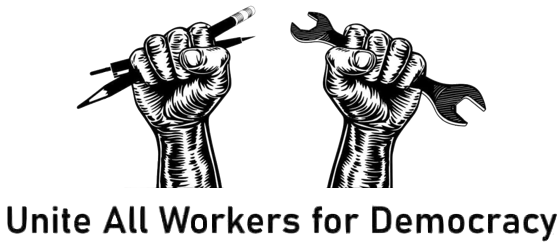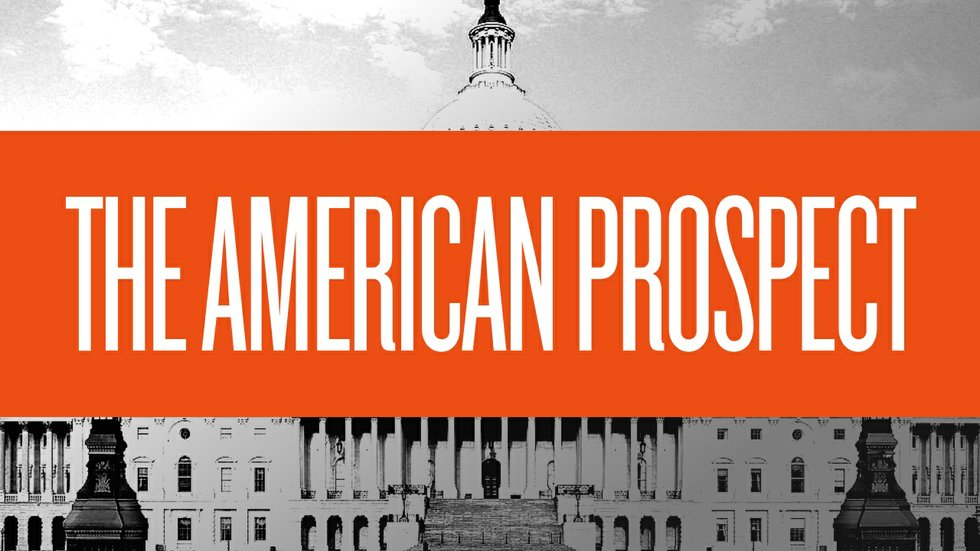Harold Meyerson writes for the American Prospect:
Like the Reutherites, Fain and his cohorts had to wrest control of the UAW from an incumbent regime, though the lines of this conflict did not, at first glance, seem to be drawn around political concerns. After a several-year period during which a number of UAW leaders, including two former presidents, were convicted of misappropriating funds (and in some cases, taking bribes from management), a reform movement called Unite All Workers for Democracy (UAWD) took shape. UAWD saw their chance to elect a clean slate (in both senses) of officers when, as the result of a deal that federal prosecutors reached with the union, rank-and-file members, rather than convention delegates, would elect their leaders for the first time in UAW history. But the UAWD didn’t confine itself to demands for fiscal probity; it also became a force to reverse the downward spiral of wages and benefits that the union had failed to arrest for many years.
Just as the Reutherites had schooled themselves in Socialist Party conclaves and the militant working-class perspectives of Brookwood Labor College, the cadre in the UAWD and on Fain’s staff once he was elected had apprenticed at such institutions as Labor Notes publishing and gatherings and the Bernie Sanders and Alexandria Ocasio-Cortez campaigns (a direct echo of Walter Reuther’s 1936 work on socialist Norman Thomas’s presidential campaign). Both of these cadres encountered some skeptical receptions as ostensibly exotic growths in the ranks of American labor, but both brought a level of militance and savvy that the labor movement of their respective times badly needed.
Read more in the American Prospect.

